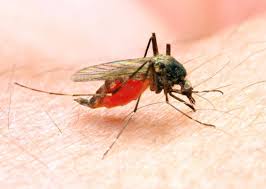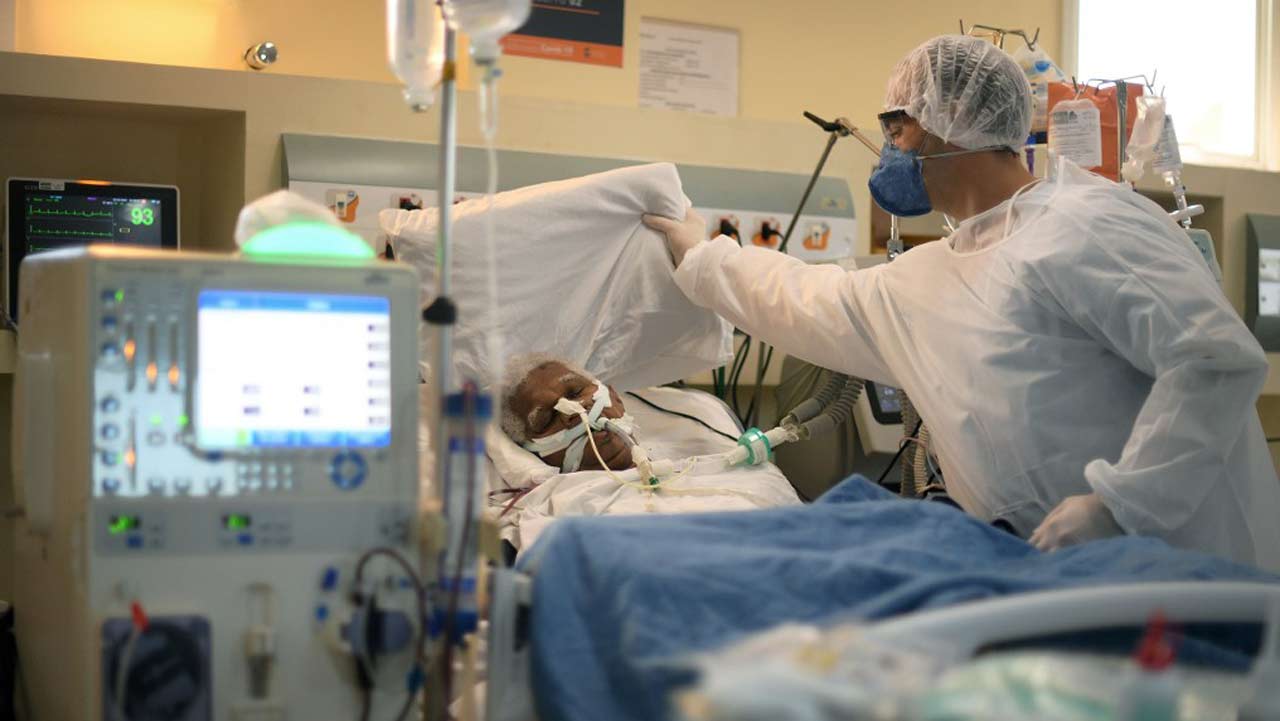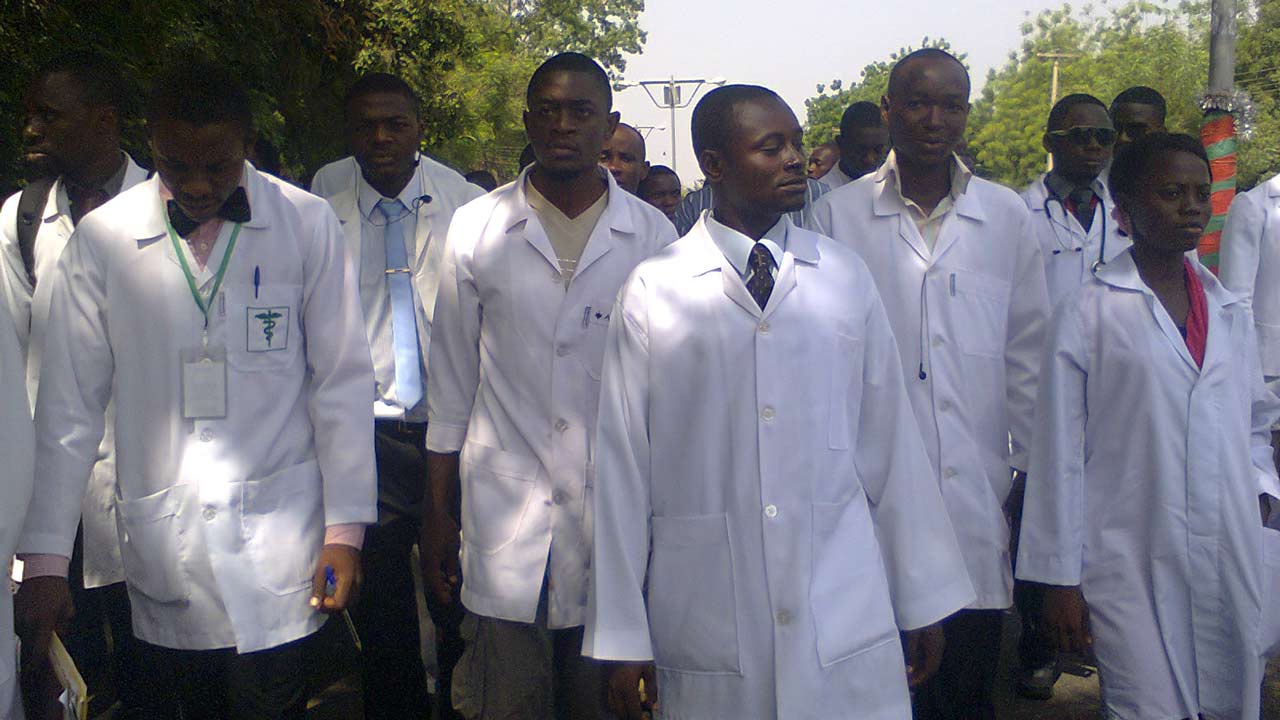It’s National Public Health Week, an annual campaign of the American Public Health Association designed to help communicate what organizations such as the Carroll County Health Department do for their communities.
“National Public Health Week is a time to recognize the often invisible work done by our local, state, and national public health departments to keep the public healthy and safe,” said Dr. Henry Taylor, deputy health officer at the Carroll County Health Department.
Each year, the association proposes an overall theme for public health week, with “Healthiest Nation 2030 ” being the theme for 2018. Additionally, each day of the week has it’s own sub-theme: Behavioral health for Monday, communicable diseases on Tuesday, environmental health on Wednesday, injuries and preventing violence on Thursday and the right to a healthy life on Friday.
The Times is featuring a short Q and A with a member of the Health Department on each of these topics. For Tuesday’s topic of communicable disease, the Times caught up with Cindy Marucci-Bosley, director of the Health Department’s Bureau of Nursing.

Cindy Marucci-Bosley
Public Health Week Q and A
Q: What does the Health Department’s Communicable Disease program do?
A: Our communicable disease program provides a variety of services related to Communicable Disease: Adult immunization, communicable disease surveillance and investigation, HIV and hepatitis prevention, testing and treatment, Lyme disease surveillance, outbreak investigation, rabies prevention and control, refugee health, Tuberculosis (TB) Prevention and Control.
We work with Carroll Hospital, doctors’ offices, schools, child care facilities, long-term care facilities and individual residents to help protect our community from communicable diseases by providing outreach, education, testing, investigation, and treatment to prevent and limit the spread of disease in our community.
Q: What are the most important ways people can prevent communicable diseases?
A: Wash your hands, of course. Get all recommended vaccinations (www.cdc.gov/vaccines/schedules/index.html) and get a flu shot every year.
Stay home when you are sick. Practice safer sex. Prepare food safely. Don’t get too close to wild animals and prevent mosquito and tick bites.
And take care of yourself — exercise, eat healthy foods, get enough sleep and take steps to reduce stress so your body is better able to fight infection.
Q: What other services does the your bureau provide?
A: The Bureau of Community Health and Nursing has the goal of partnering with Carroll County residents to promote, protect, and maintain their health. Emphasis is placed on prevention; primary (health promoting activities) and secondary (early diagnosis and prompt treatment of illness).
Movement toward this goal is accomplished by offering a wide range of services: Assistance with application and use of Maryland Medical Assistance, evaluation and resources to assist frail elderly and disabled adults to stay living at home as long as possible.
Education about, and no-cost breast and cervical cancer screening for eligible residents.
Several options for education and services to prevent tobacco use and for people who want to quit using tobacco or nicotine in any form.
No-cost colon cancer screening for eligible residents, community education on cancer prevention and detection.
Assistance with access to dental services for adults with limited income, school-based fluoride rinse program, pediatric dental clinic for Maryland Healthy Smiles participants.
Eligibility for local Lion’s Club vision programs, pre-diabetes program to help residents prevent diabetes, Women, Infants, and Children (WIC) program, which provides healthy food, education, and breastfeeding support for qualified pregnant women, new moms, and children under 5, best beginnings — prenatal services for women with no access to health insurance, childhood nursing services for Children and Youth with Special Health Care Needs.
Childhood immunization.
Elevated lead level monitoring, In-home support for high-risk infants and toddlers, school-based health services including vision and hearing screening, reproductive health education and clinic services.
Morbidity and mortality quality review for child fatality and fetal/infant mortality.
Student placement for nursing students
Q: What is one thing you wish more people knew about communicable disease/public health nursing?
A: Public health nursing is a type of nursing that is community-oriented and population-based. As public health nurses we monitor the health status of a community to identify potential problems, diagnose and investigate health problems and hazards in the community, inform, educate, and empower people about health issues, particularly the underserved and those at risk.
Mobilize community partnerships to identify and solve health problems, develop policies and plans that support individual and community health efforts, enforce laws and regulations that protect health and ensure safety.
Link people to needed personal health services and ensure the provision of health care when otherwise unavailable, ensure a competent public health and personal health care workforce.
Evaluate effectiveness, accessibility, and quality of personal and population-based health services.
Research new insights and innovative solutions to health problems
Q: How can people learn more about services in the Nursing Bureau?
A: People can visit our web pages by visiting cchd.maryland.gov/health-services-home. They can also call 410-876-4900 for more information.
By Jon Kelvey, Contact Reporter | Carroll County Times
ABUJA: Training Schedule for Basic Life Support BLS, Pediatric Advanced Life Support (PALS), Advanced Cardiovascular Life Support ACLS, First Aid, CPR, AED
PORTHARCOURT: Training Schedule for Basic Life Support BLS, Pediatric Advanced Life Support (PALS), Advanced Cardiovascular Life Support ACLS, First Aid, CPR, AED
LAGOS: Training Schedule for Basic Life Support BLS, Pediatric Advanced Life Support (PALS), Advanced Cardiovascular Life Support ACLS, First Aid, CPR, AED




